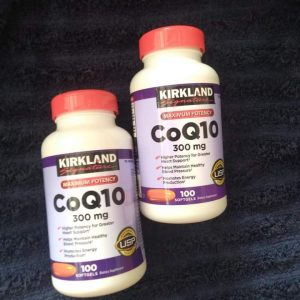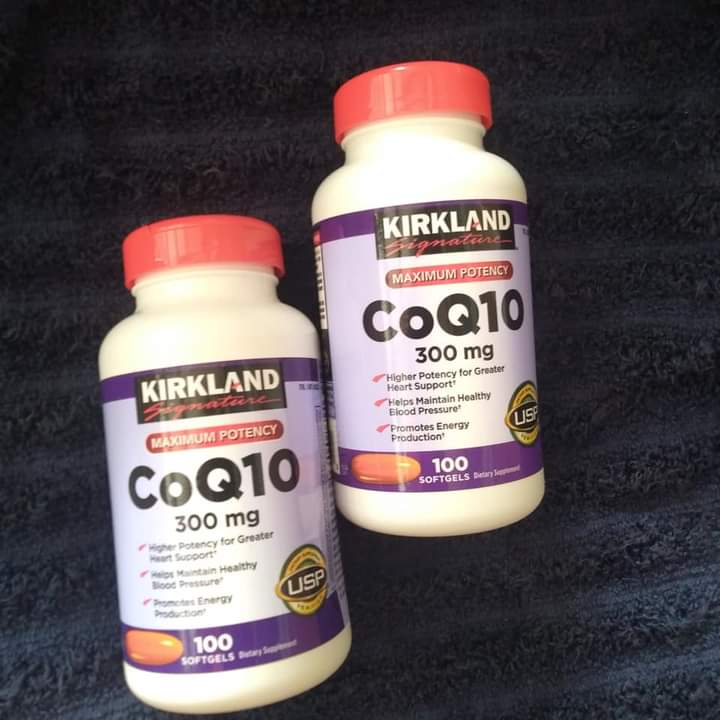Coenzyme q10 Nutrition Facts – Foods, Benefits and Side Effects.
COENZYME Q10: MEDICINAL AND NUTRITIONAL FACTS YOU SHOULD KNOW
Coenzyme Q10, also known as CoQ10, is a nutrient that occurs naturally and helps the body generate energy in your cells. They also protect cells from oxidative damage and disease-causing bacteria or viruses.
CoQ10 is present in every cell of your body. However, the highest concentrations are found in organs with the greatest energy demands, such as the heart, kidneys, lungs and liver

Your body produces CoQ10 naturally, but its production tends to decrease with age. Fortunately, you can also get CoQ10 through supplements or foods.
Your body does not store CoQ10. Therefore, its continued use is recommended to see its benefits. Supplementing with CoQ10 appears to be well tolerated by humans and have low toxicity
Below are 7 facts about the benefits of CoQ10 you should know
1. It Helps Treat Heart Failure: In a study of 420 people with heart failure, treatment with CoQ10 for two years improved their symptoms and reduced their risk of dying from heart problems
2. It Helps with Fertility: The antioxidant properties of CoQ10 could help improve sperm quality and reduce the decline in the number and quality of eggs in women.
3. It Could Reduce Headaches: Studies have showed that supplementing with CoQ10 is three times more likely to reduce the risk of migraines in people
4. It Helps with Exercise Performance: Oxidative stress can affect muscle function, and thus, exercise performance. supplementing with CoQ10 can help increase power during exercise and reduce fatigue, both of which can improve exercise performance
5. It Helps with Diabetes: Supplementing with CoQ10 can help increase insulin sensitivity and improve blood sugar levels.
6. It Plays a Role in Cancer Prevention: CoQ10 plays a critical role in the protection of cell DNA and cell survival, both of which are strongly linked to cancer prevention and recurrence.
7. It Is Good for the Brain: CoQ10 has been shown to protect brain cells from oxidative damage and reduce the action of harmful compounds that can lead to brain disease.
Risks and side effects of coenzyme Q10
Persons who take coenzyme q10 have complained of diarrhea and heartburns. Coenzyme q10 causes stomach ulcer. Also, persons living with diabetes or hypertension should talk to their doctor before using coenzyme q10 but it lowers blood sugar and blood pressure. People with chronic kidney disease should not take coenzyme q10.
Foods that contain high amounts of coenzyme Q10
The following foods contain CoQ10: Heart, liver, kidney, Pork, beef, chicken, mackerel, sardine, Spinach, cauliflower, broccoli, Oranges, strawberries, Soybeans, peanuts, Sesame seeds, pistachios, Soybean and canola oil.
Source:
Nutritional Supplements and wwwwww.nimedhealth.com
























